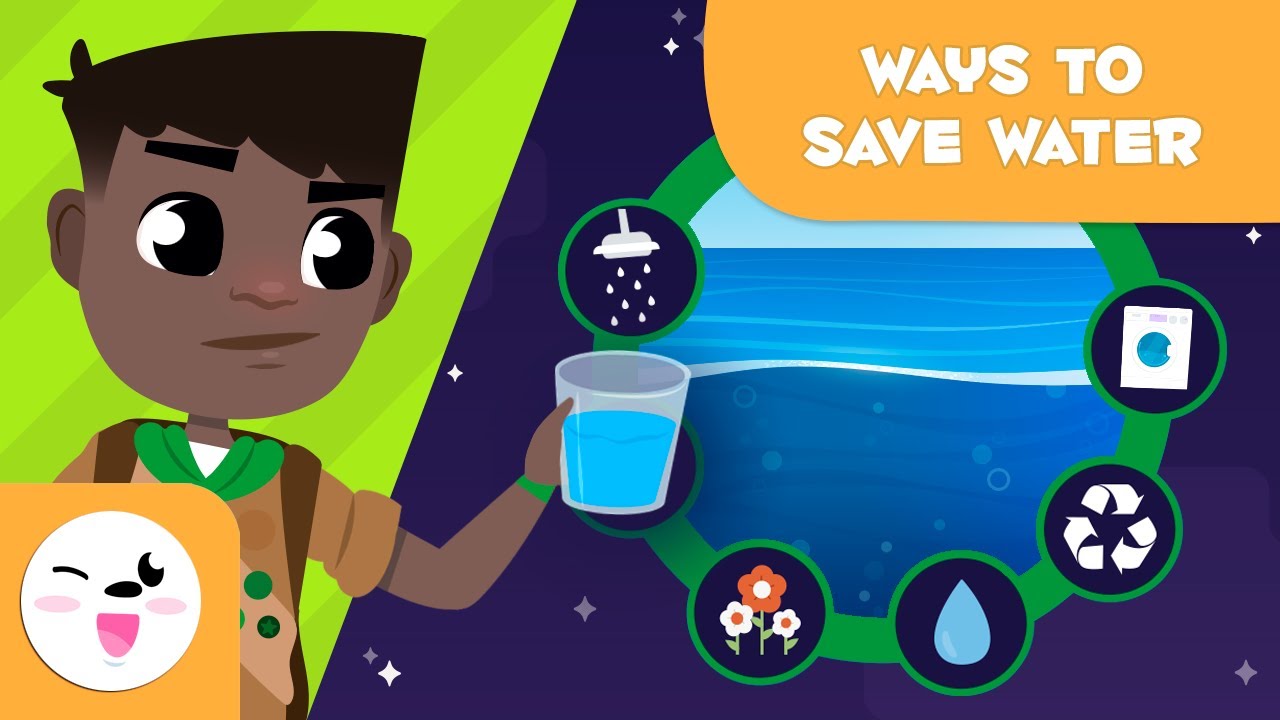
The Importance of Water Conservation in Energy Saving
Water conservation is a critical aspect of sustainable living that often goes hand in hand with energy saving efforts. The interconnectedness between water conservation and energy saving is a key component of environmental stewardship and resource management. By understanding how these two elements are linked, individuals and communities can make a significant impact on reducing their carbon footprint and promoting a more sustainable future.
Understanding the Relationship
Water is a precious resource that is essential for life, and the process of extracting, treating, and distributing water requires a significant amount of energy. In fact, the water sector is one of the largest energy consumers globally. By conserving water, we can reduce the energy needed to pump, treat, and heat water, thereby lowering overall energy consumption and greenhouse gas emissions.
The Role of Efficient Appliances
One of the most effective ways to save both water and energy is by using efficient appliances such as low-flow toilets, showerheads, and washing machines. These appliances not only reduce water usage but also require less energy to operate, resulting in dual savings for both resources. Investing in energy-efficient appliances is a practical and cost-effective way to promote water conservation and energy saving in households and businesses.
Implementing Sustainable Practices
Simple changes in daily habits can also contribute to water conservation and energy saving. Turning off the tap while brushing teeth, fixing leaks promptly, and using a dishwasher only when full are small yet impactful actions that can collectively make a significant difference in reducing water and energy consumption. By adopting sustainable practices, individuals can play a crucial role in preserving our planet’s resources for future generations.
The Economic Benefits of Water Conservation and Energy Saving
Besides the environmental advantages, there are also economic benefits associated with water conservation and energy saving. By reducing water and energy usage, individuals and businesses can lower their utility bills and operating costs. Additionally, investing in energy-efficient technologies and practices can lead to long-term savings and a positive return on investment.
Government Incentives and Programs
Many governments and organizations offer incentives and programs to promote water conservation and energy saving. These initiatives may include rebates for purchasing energy-efficient appliances, tax credits for implementing sustainable practices, and grants for upgrading infrastructure to reduce water and energy consumption. Taking advantage of these programs can not only help individuals and businesses save money but also contribute to a greener economy.
Corporate Responsibility and Sustainability
For businesses, integrating water conservation and energy-saving practices into their operations is not only a matter of corporate responsibility but also a strategic decision that can enhance their reputation and competitiveness. Adopting sustainable practices can attract environmentally conscious consumers, reduce operational costs, and demonstrate a commitment to environmental stewardship.
The Future of Water Conservation and Energy Saving
As the global population continues to grow and urbanize, the demand for water and energy will only increase. It is crucial for individuals, communities, and governments to prioritize water conservation and energy saving as part of their sustainable development efforts. By raising awareness, implementing policies, and investing in innovative technologies, we can create a more resilient and sustainable future for generations to come.
Educating the Next Generation
Education plays a key role in promoting water conservation and energy saving practices. By incorporating environmental education into school curricula and raising awareness among young people, we can instill a sense of responsibility and environmental consciousness in future leaders. Empowering the next generation with the knowledge and tools to make informed decisions about water and energy usage is essential for building a more sustainable society.
Collaboration and Partnerships
Collaboration among stakeholders, including governments, businesses, non-profit organizations, and individuals, is essential for driving meaningful change in water conservation and energy saving. By working together and sharing best practices, we can leverage our collective efforts to address complex environmental challenges and create a more sustainable world for all.
Conclusion
The connection between water conservation and energy saving is a crucial aspect of sustainable living that has far-reaching impacts on the environment, economy, and society. By recognizing the interdependence of water and energy resources and taking proactive steps to conserve both, we can create a more balanced and sustainable future for ourselves and future generations. It is through collective action, education, and innovation that we can pave the way towards a more resilient and thriving planet.

